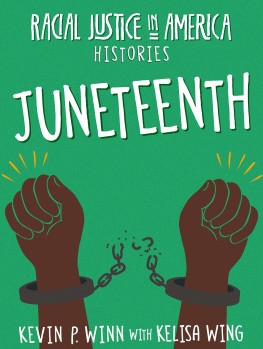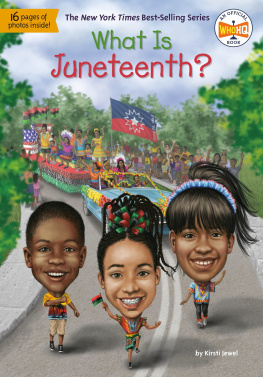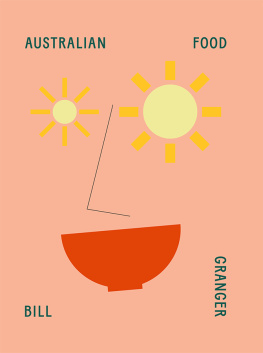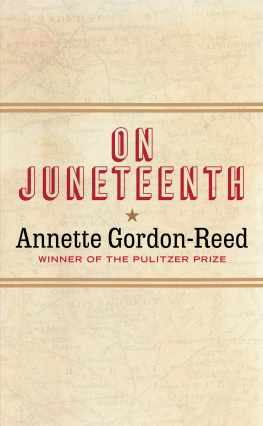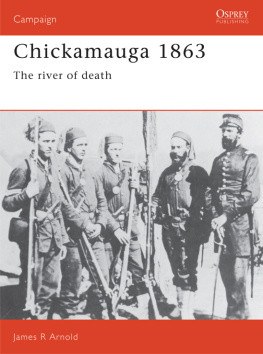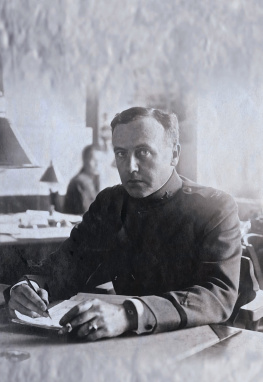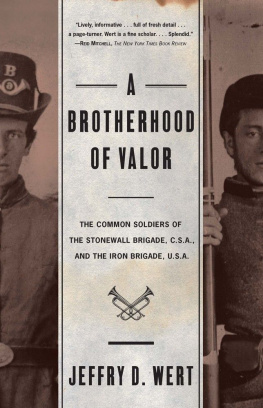Published in the United States of America and Great Britain in 2013 by
CASEMATE PUBLISHERS
908 Darby Road, Havertown, PA 19083
and
10 Hythe Bridge Street, Oxford, OX1 2EW
Copyright 2013 Robert C. Conner
ISBN 978-1-61200-185-2
Digital Edition: ISBN 978-1-61200-186-9
Cataloging-in-publication data is available from the Library of Congress and the British Library.
All rights reserved. No part of this book may be reproduced or transmitted in any form or by any means, electronic or mechanical including photocopying, recording or by any information storage and retrieval system, without permission from the Publisher in writing.
10 9 8 7 6 5 4 3 2 1
Printed and bound in the United States of America.
For a complete list of Casemate titles please contact:
CASEMATE PUBLISHERS (US)
Telephone (610) 853-9131, Fax (610) 853-9146
E-mail:
CASEMATE PUBLISHERS (UK)
Telephone (01865) 241249, Fax (01865) 794449
E-mail:
Contents
For John Machell and Thomas Conner,
who are, like Granger, sons of upstate New York; and for
U.S. Army Sgt. Mary C. Conner.
Preface and
Acknowledgments
M uch of this book was written in 201112, when I spent two seasons as site interpreter at Grant Cottage in upstate New York, where Ulysses S. Grant completed his memoirs before dying of cancer. It may seem odd for someone with a Grant connection to write the first biography of Granger, since the two men did not get along. Grant, as he made clear in those superbly written memoirs, had a low opinion of Granger, and as this book makes clear, had some legitimate reasons for that attitude. He was far from the only person to find Granger difficult to get along with.
While I continue to think Grant a mostly admirable man, writer and soldier, and an underrated president, his view of Granger should not be the last word. As a longtime newspaperman, I found Grangers story to be one of courage and achievement, and worth telling. Although obviously a lesser minor figure than his close contemporary Grant, there are numerous parallels in their careers, and Grangers memory well merits preserving.
I received generous help from Grangers great-grandson, Gordon Granger IV, who told me family lore and allowed me to visit his Virginia home and use unpublished letters from Granger to his wife in 187576, the last months of his life. Thanks also to Marylou Williams, who transcribed the letters for him, and to F. Champe Granger, great-great-granddaughter of the general. I wish to also thank the University of Virginia Alumni Association for helping me to get in touch with Gordon Granger IV, and Ancestry.com for pointing me in the right direction on this and other matters.
Many other Web sites such as the Library of Congresss have helped me unearth original sources and given me food for thought. Some, such as the Texas Historical Associations Handbook of Texas Online, are themselves worthy sources. Bill Thayers website presents an impressive portal to Cullums Register of West Point graduates. Google Books and other digitizers have made old treasures easily accessible, including my most often cited source, the multi-volume War of the Rebellion: A Compilation of the Official Records of the Union and Confederate Armies, which I prefer to access through the eHistory site of Ohio State University.
Less objective sites, such as Bob Redmans aotc.net, which extravagantly praises the record of General George Thomas and the Army of the Cumberland, also have value. So, indeed, do lots of other sources, including roadside historical markersmy wife was rather impressed at seeing Grangers picture on one (with a good account of the Tullahoma campaign) that we stumbled across in the small town of Bell Buckle, Tennessee.
Various librarians have been helpful, including those at the Round Lake-Malta public library branch in upstate New York, which for $15 facilitated my borrowing an unpublished 1990 masters thesis on Granger by Robert W. Blackford from Southern Illinois University at Edwardsville. Also very helpful were Suzanne Christoff, associate director for special collections and archives at the U.S. Military Academy Library, West Point, Ann L. Gardner of the serials cataloging unit of the New York State Library in Albany, and the Margaret Reaney Memorial Library in St. Johnsville, NY.
Bette Bugni helped me access the impressive resources of the Sodus, NY village library, and provided me with information about the history of the schools in the town of Sodus. Wayne County Historian Peter Evans put me in touch with Bette, and was otherwise helpful, and the volunteer-run wayne.nygenweb.net told me about the grave site of Grangers mother. Hady Finch, a board member of Friends of Grant Cottage in upstate New York, provided me with the letter I quote from Private Benjamin Preston, courtesy of his descendant Patricia Bays. Royal B. Kinsley first brought to my attention the Civil War memoir of his ancestor, Rufus Kinsley.
My main helper in this project has been my wife of 29 years, Barbara J. Conner, whom I thank and cherish.
ROBERT C. CONNER, 2013
Saratoga County, NY
Introduction
Him that holds on to the end
G ordon Granger was one of many otherwise obscure individuals whose lives were transformed and magnified by the Civil War, making a significant contribution to its vast history. His career and reputation suffered as a result of his failure to get along with superiors, including an even more obscure man in 1861 who soon became the Unions greatest general, Ulysses S. Grant.
Yet Granger fought all through the war, unlike many more famous commanders, and his leadership was consistently successful.
On September 20, 1863, he saved the Union Army of the Cumberland from catastrophic defeat at the Battle of Chickamauga. Two months later, he played a substantial role in its victory at Chattanooga. In 186465 he was a key player in the campaign to take Mobile, Alabama, first working with Admiral David Farragut to capture the bay forts; and eight months later leading a corps in the fight for the city and accepting its surrender. Two months after that, as commander of all U.S. troops in Texas, his actions sparked the Juneteenth celebrations of slaverys end which continue to this day.
W.H. McIntosh, who wrote an 1877 history of Grangers home county in upstate New York, doubtless exaggerated in declaring that in the annals of local and general history, there is no soldier more patriotic, more capable, for more generally successful.
Grangers record of success as a combat officer is undeniable. Perhaps unfortunately for his reputation and long-term career prospects, his combativeness was not confined to the battlefield but was an intrinsic part of his character.
Granger could be argumentative with any superior officer to the point of insubordination. His brutal honesty and lack of pretension were often perceived as confrontational rudeness.
The contemporary journalist William Shanks said, Granger was a man equally courageous morally as physically, and pursued an object, or criticized a subject or person without the slightest regard to others opinions. He never shirked a responsibilityin fact, would rather act without authority than not, as giving zest to the undertaking. Granger was almost always gruff, not only in his criticisms, but in his language, and never disliked a man without showing it. What was seen by Grangers friends and associates as gruff good humor could come across to strangers as bad-tempered aggression. He seemed to relish his reputation as the blunt truth-teller, the rough soldier with no patience for playing the courtier. If it was in part a pose, still at some point the mask becomes the man. He also was a drinker, although, as with Grantwith whom he had many parallels and connectionsthere is no evidence that alcohol ever affected his combat performance.




